Joe Biden has signed a bill introduced by Rep. Paul Gosar that strips the executive of their pandemic emergency powers immediately.
Before Biden jetted off to Northern Ireland to meet with local leaders to celebrate the 25th anniversary of the Good Friday Agreement, he signed H.J.Res 7 into law behind closed doors, with the White House noting as such in a brief email. The bill immediately ends the national emergency declaration, which was enacted by President Trump in March 2020.
The joint resolution to end the emergency powers, which was introduced by Gosar, and co-sponsored by Reps. Matt Gaetz, Andy Biggs, and Lauren Boebert among others, passed the House 229-197 at the beginning of February, gaining some Democrat support, and then passed the Senate by 68-23 in a bipartisan push, even though the Biden White House firmly argued against it.
“With Mr. Biden signing my bill, the emergency powers enacted to address the COVID-19 emergency have been terminated. It is my view, shared by Congress, and now Mr. Biden, that emergencies should be in place only as long as there is an ongoing emergency,” Gosar said in a statement on Tuesday morning.
“The pandemic is over and has been. This termination is a great step forward towards economic and social recovery. Working with Speaker McCarthy and my colleagues was instrumental to its passage,” he added.
COVID is over. Sign the bill, @POTUS. https://t.co/BY4XrjdPEH
— Congressman Byron Donalds (@RepDonaldsPress) April 7, 2023
With the bill now passed, a number of federal health care programs will end, but is irrelevant given most health care precautions have been relaxed. Other powers that would end included the ability to place health services under military control, along with shifting the responsibility for the development and distribution of COVID-19 vaccines away from the federal government.
The most prescient end to the emergency powers relates to the power to pause student loan repayments, which Biden used to forgive student loans, although this is now being challenged at the Supreme Court.
However, the public health emergency enacted in January 2020 by President Trump’s Health and Human Services Department remains in place. The Biden administration had initially planned to end both emergency declarations on May 11. In a statement, the White House claimed that ending the public health emergency would allow immigrants to flood across the border.
HR 382, introduced by Rep. Brett Guthrie of Kentucky, which was designed to end the public health emergency, passed the House at the same time as Gosar’s resolution, but has yet to be voted on in the Senate.
Last week, the vaccine mandate for entry by foreign travelers was also quietly extended by the administration, as noted in TSA documents. It had set to end on Monday, and will now end on May 11, at the same time as the original plan for the White House to end all the emergencies.
Rep. Thomas Massie’s HR 185, which was designed to end the vaccine entry requirements, passed the House at the start of February, and was ironically voted against by many Democrats who regularly support open borders for illegal immigrants. The Senate has yet to vote on the bill.
My bill to end the COVID-19 vaccine mandate on visitors to the United States arriving by air passed the House of Representatives today on a bipartisan vote of 227-201. 220 Republicans and 7 Democrats voted to end Biden's mandate! Please urge the Senate to vote on this bill. pic.twitter.com/ooO5WkOeWa
— Thomas Massie (@RepThomasMassie) February 8, 2023



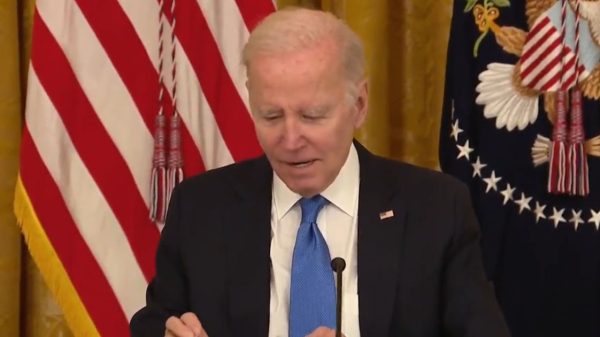
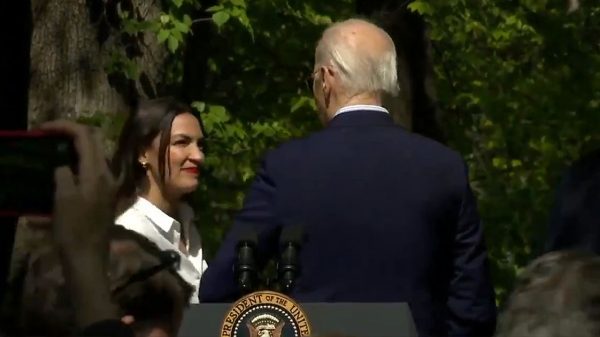




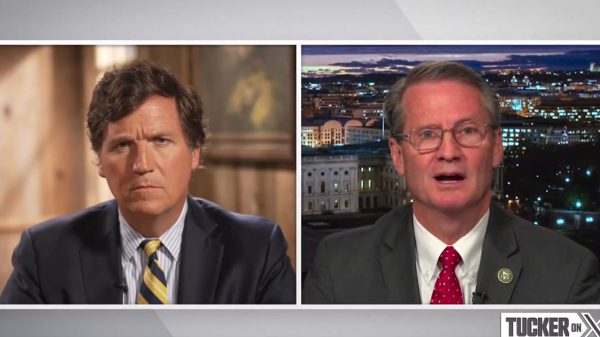













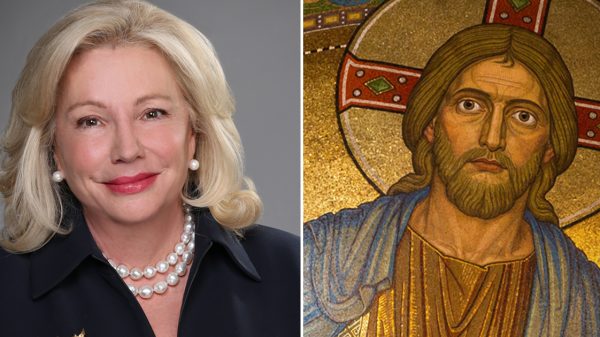
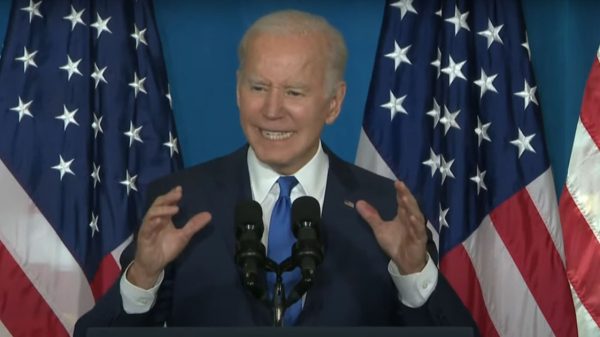
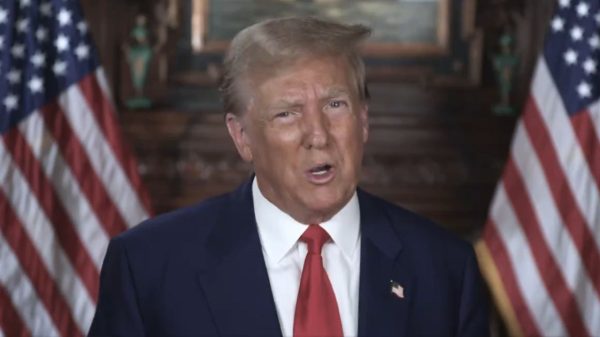






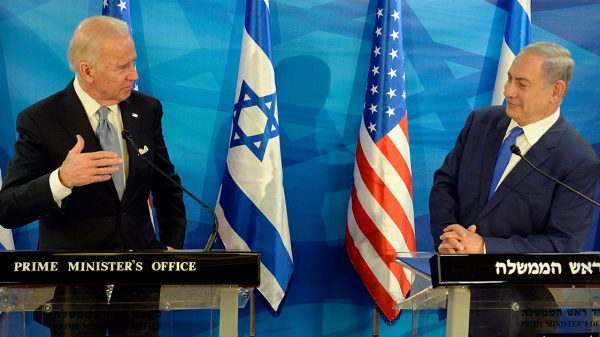




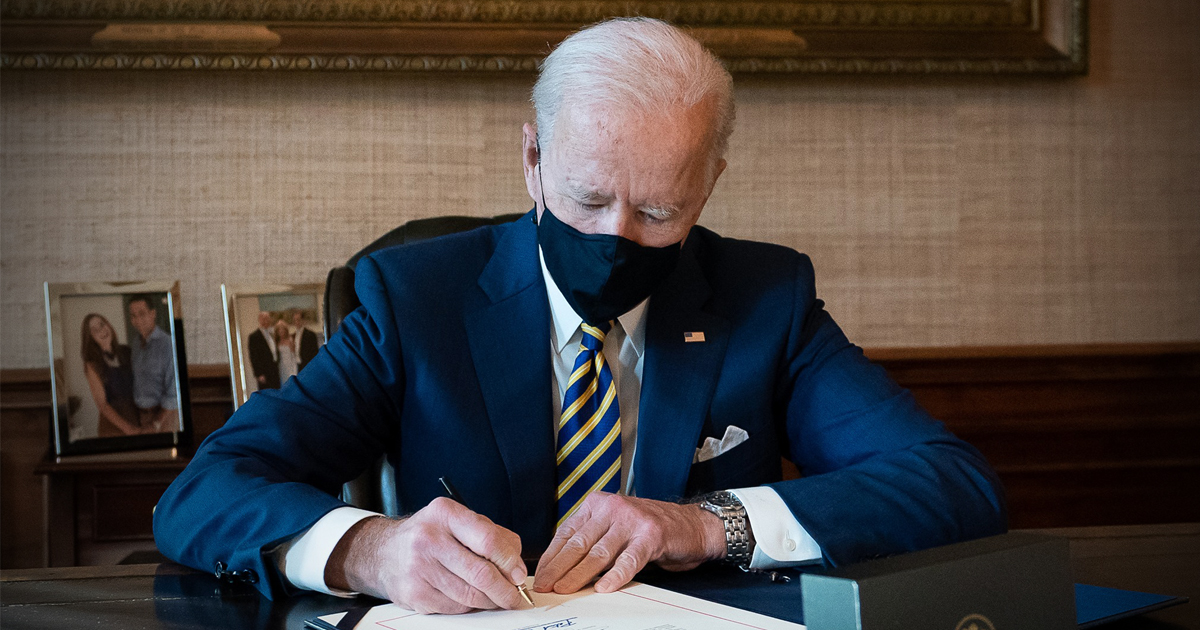


Duane
April 11, 2023 at 7:28 pm
It’s not over. There’s a dirty trick that still allows the “emergency use authorization” for the Covid vaccines to continue.